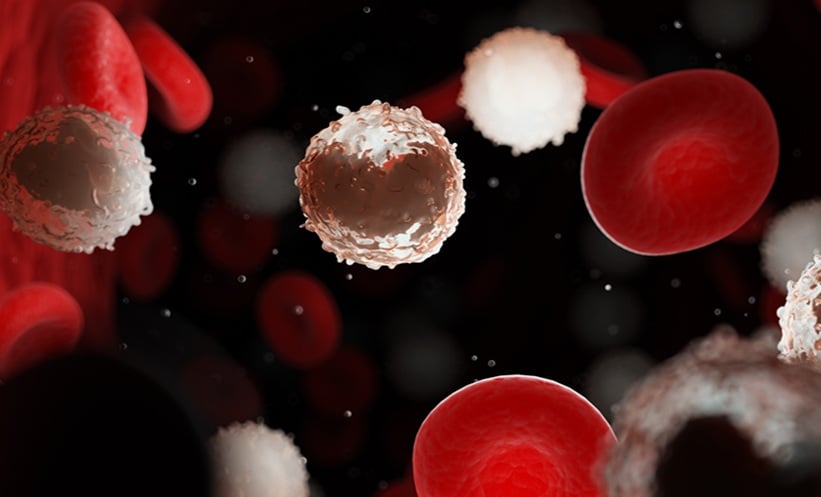A NOVEL CD22-directed CAR T cell therapy, known as CART22-65s, has shown encouraging results in children and adults with relapsed/refractory B-cell acute lymphoblastic leukaemia (B-ALL), particularly in those who have relapsed after CD19-directed immunotherapy. Loss of CD19 surface expression contributes to 30–70% of relapses following CD19 CAR T cell treatment, leaving patients with limited options and a poor prognosis. CART22-65s was developed to address this gap, targeting the CD22 antigen, which is broadly expressed on B cells.
In trials at Children’s Hospital of Philadelphia and the University of Pennsylvania, CART22-65s induced remissions in 74% of participants, most of whom had aggressive, treatment-resistant disease. Importantly, some patients who previously failed CD22-directed therapies, including the antibody-drug conjugate inotuzumab, also responded to CART22-65s. While initial remissions were promising, relapse remained a challenge, especially for patients who could not proceed to stem cell transplant.
The safety profile of CART22-65s was notably favourable, even in individuals with high disease burden. Unlike prior CD19 CAR therapies, severe cytokine release syndrome (CRS) and neurotoxicity were rare. A delayed peak in CAR T cell expansion and the use of fractionated dosing may have contributed to the milder side effects observed.
Furthermore, the therapy showed robust expansion and some evidence of long-term persistence. One patient maintained remission for over three years post-infusion. Early signs of a biomarker (SIT1) correlating with CAR T cell expansion were also identified, offering potential for real-time monitoring.
Despite these advances, the study emphasises that CART22-65s is best used as part of a combination approach. Most durable remissions occurred in patients who underwent further treatment, particularly stem cell transplant. Ongoing research now explores dual-targeting strategies, such as combining CART22-65s with humanised CD19-directed CAR T cells, to improve outcomes for patients with highly refractory B-ALL.
Reference
Myers RM, DiNofia AM, Li Y, et al. CD22-targeted chimeric antigen receptor-modified T cells for children and adults with relapse of B-cell acute lymphoblastic leukemia after CD19-directed immunotherapy. J Immunother Cancer. 2025;13(4):e011549. Published 2025 Apr 17. doi:10.1136/jitc-2025-011549





